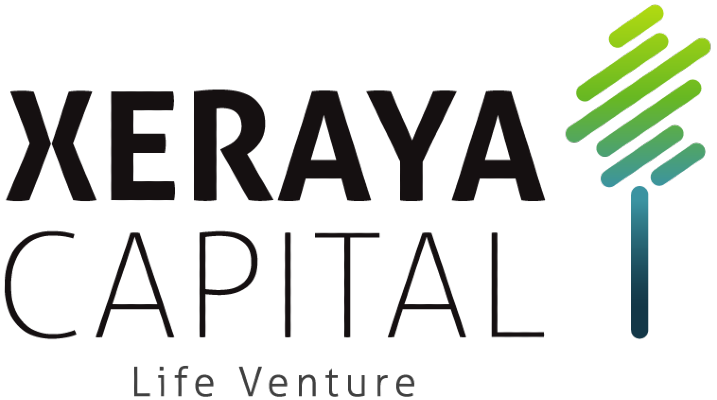
Introduction: A New Era of Health Innovation
Healthcare startups are reshaping the medical landscape by combining cutting-edge technology with human-centric solutions. In recent years, we’ve witnessed a surge of digital health tools, AI-powered diagnostics, wearable devices, and personalized medicine solutions. All driven by agile, tech-savvy startups determined to solve long-standing healthcare challenges. According to global insights, these startups are not just improving patient care, but also optimizing healthcare systems, increasing accessibility, and redefining the future of medicine. As this dynamic sector grows, investors and stakeholders alike are turning their attention to the innovators behind these changes.
This article explores how healthcare startups are driving transformation, the technologies fueling this change, and the strategic role of investors in the innovation ecosystem.
Tech-Driven Transformation in Healthcare: The Rise of Digital-First Solutions
Startups are leveraging digital tools to enhance care delivery and medical accuracy. Below are some key technology trends shaping modern healthcare startups:
- AI and Machine Learning
Used to support diagnostics, treatment recommendations, and predictive analytics. Startups like Tempus apply AI to cancer care, improving outcomes through data-driven decisions. - Telemedicine Platforms
Enable virtual consultations, reducing geographic and financial barriers. Tools like Halodoc offer fast, affordable access to licensed doctors via mobile apps. - Wearable Health Devices
Track vitals and physical activity in real-time, helping users and physicians monitor chronic conditions more effectively. - Cloud-Based Health Records
Improve interoperability by storing and sharing health data securely across multiple platforms and stakeholders. - Remote Patient Monitoring (RPM)
Helps hospitals manage patients post-discharge and prevent readmissions, enhancing continuity of care.
These innovations collectively improve speed, convenience, and personalization in patient treatment.

Solving Legacy Healthcare Challenges Through Innovation
Traditional healthcare systems face several persistent issues. Here’s a breakdown of key challenges and how startups are solving them:
| Challenge | How Startups Are Addressing It |
| Data fragmentation | Platforms enabling system interoperability and seamless health data sharing |
| High treatment costs | Cost-effective diagnostics and digital-first solutions reduce overhead and patient bills |
| Limited access to care | Mobile health and teleconsultations bring services to remote or underserved communities |
| Long diagnostic timelines | AI-enabled tools accelerate disease detection and reduce misdiagnosis |
| Resource-intensive manual processes | Automation in admin tasks (e.g., scheduling, insurance claims) streamlines healthcare operations |
This clear, solution-focused model is helping healthcare providers transition from volume-based care to value-based models that reward outcomes over procedures.
Success Stories: Startups Making a Global Impact
Here are examples of healthcare startups successfully transforming the industry:
- Livongo (USA)
Revolutionized chronic disease management with real-time coaching for conditions like diabetes and hypertension. - Butterfly Network (USA)
Created handheld ultrasound devices, making imaging more affordable and accessible in low-resource settings. - Halodoc (Indonesia)
Offers telehealth services, medicine delivery, and lab test booking through a single mobile app. - Ada Health (Germany)
Provides AI-powered symptom assessments to guide users on possible conditions and care options.
These success stories highlight the potential of agile, tech-first companies to deliver scalable healthcare solutions globally.

Empowering Innovation: The Role of Strategic Investment
Investors play a critical role in accelerating healthcare innovation by supporting startups not only with capital but also strategic guidance and ecosystem access. Here’s how:
- Funding
Enables startups to scale R&D, expand into new markets, and navigate regulatory pathways. - Mentorship and Expertise
Strategic investors often bring domain-specific knowledge, helping startups make informed product and growth decisions. - Partnership Ecosystems
By connecting startups with healthcare providers, pharma companies, and academia, investors create pathways for collaboration and validation.
At Xeraya Capital, we are proud to be a key player in the life sciences and healthcare investment space. We support visionary founders who are developing medical technologies, diagnostics, and data-driven healthcare models that have the potential to reshape the global health ecosystem.
Summary: A Healthier Tomorrow, Built Today
Healthcare startups are more than a trend, they are the catalysts of a medical revolution. Through digital innovation, problem-solving, and bold partnerships, these companies are addressing long-standing challenges and creating a more equitable, efficient, and personalized healthcare system. To find out more about what we do to support this growing innovation ecosystem, check out this page. Our commitment to backing high-impact healthcare ventures is a reflection of where the industry is headed, and how we can get there together.




